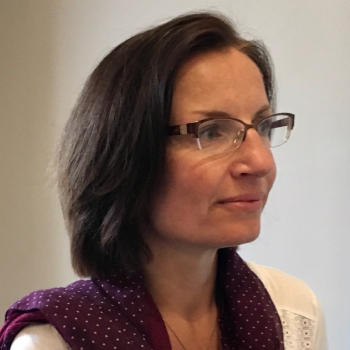Webinar: Digital Rights - The Right to Freedom of Thought
Speaker(s):
Series:
Associated with:
Notes & Changes
Please note that this is a virtual event taking place via Zoom. If you are interested in attending, please register for the event on Eventbrite. Once you register, you will receive automatic email notifications 48 hours and 2 hours before the event with the Zoom invitation. Click on the orange 'View Now' button in the notification emails to access the Zoom meeting link, ID and password and direct yourself to the webinar. While joining the meeting, use your full name as registered on Eventbrite in order to be admitted.
Please also note that this event will be recorded, with the exception of any live audience questions.
Perhaps because of an assumption that our inner thoughts are beyond the effective scope of state intervention, the right to freedom of thought has received little attention in the courts and little academic analysis in international human rights law. But as technology and science develop ever clearer pictures of the way our thought processes work and how our thoughts can be accessed, altered, and manipulated it is time to reflect on the practical needs for protecting our freedom of thought in the rapidly changing digital reality of the 21st Century. Freedom of thought is an essential plank of the international human rights framework. Unlike many other rights such as the right to private life that allow for restriction in certain circumstances, there is an absolute right to think what you like in the “forum internum” or the inner space of your mind. This inviolable freedom has been described as “the foundation of democratic society” and “the basis and origin of all other rights”. But what does freedom of thought mean in the digital age, how can we define it and how can it inform the way we regulate technology?
An audio recording of this event is available to listen to on Soundcloud

Susie Alegre is an international human rights lawyer and a Barrister Associate at Doughty Street Chambers. She is a Research Fellow at the University of Roehampton, an Adjunct Assistant Professor at Trinity College Dublin and an Associate of the Policy Practice. She has over twenty years’ experience working on human rights, the rule of law and accountability for NGOs including Amnesty International and JUSTICE, and international organisations including the European Union, OSCE, Council of Europe and the UN. Her career has included domestic work in the UK, regional work in Europe and Central Asia and country specific work in East Africa, in particular on Uganda and Rwanda. The current focus of Susie’s work is on the right to freedom of thought and technology and she has lectured and published widely on the ways in which the absolute right to freedom of thought is engaged by developments in science and technology. She is currently conducting research for a Digital Freedom Fund project on the potential for strategic litigation in this area and is writing a book on freedom of thought.

Kate Jones, University of Oxford, will be the respondent.


 Add to calendar
Add to calendar


